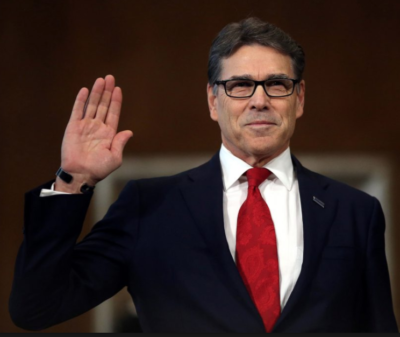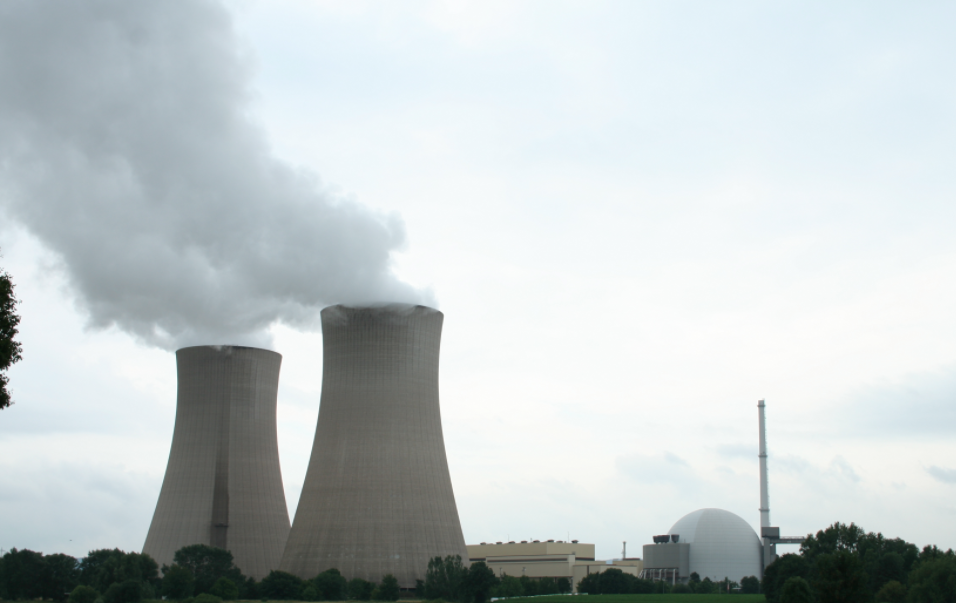The Trump administration is reportedly holding talks on providing nuclear technology to Saudi Arabia in a move that would be a significant shift in U.S. policy, ProPublica reports.
The report notes that, “The Trump administration hasn’t stated a position on whether it will let the Saudis have enrichment and reprocessing technology. An NSC spokesman declined to comment. But administration officials have begun sounding out advisers on how Congress might react to a deal that gives the Saudis enrichment and reprocessing, a person familiar with the discussions said.”
Saudi Arabia is seeking to start a peaceful nuclear energy program to generate power for domestic use. Currently the Kingdom relies heavily on burning oil for power generation, which means less crude for exports, is expensive and not environmentally friendly.
In October, the King Abdullah City for Atomic and Renewable Energy (K.A.CARE) issued a Request For Information (RFI) for front-end engineering design for two nuclear power plants to supplier candidates including the U.S., France, Korea, Russia and China. U.S.-based Westinghouse, which filed for Chapter 11 bankruptcy earlier this year, is in talks with other U.S-based companies to form a consortium to bid in a multi-billion-dollar tender for the two nuclear power reactors. The Westinghouse-led consortium met with K.A.CARE on November 19th in Riyadh to discuss the RFI document.
The flurry of activity related to the K.A.CARE RFI has brought attention to ongoing efforts to engage the Trump administration in support of Saudi and regional nuclear energy initiatives.
Recent activity includes a September 2017 meeting between U.S. Energy Secretary, Rick Perry, and Saudi delegates which discussed energy cooperation. Soon after, Pro Publica reports that a senior U.S. State Department official visited Riyadh to “restart formal 123 negotiations.”
Axios reports that Secretary Perry departed today for Saudi Arabia, his first trip to the region as secretary. The visit “could highlight the geopolitical tension present with the U.S. shale oil surge competing with Saudi Arabia and other OPEC producers for market share. The Middle East is ground zero for a lot of issues in the energy space – especially oil and natural gas but also less high-profile areas like advanced nuclear power and technologies that capture carbon emissions from fossil fuels.”

Energy Secretary Rick Perry.
Perry will also visit the UAE, which has already begun construction on a nuclear reactor set to be completed in 2018, and Qatar.
While Saudi Arabia pursues efforts to diversify it’s domestic energy base, the Pro Publica report provides a backdrop to U.S. nuclear industry efforts to revitalize the sector as well as the varied approaches – and individuals who made them – to the Trump administration.
Saudi Arabia is a signatory of the Nuclear Non-Proliferation Treaty and entered negotiations with the U.S. on a 123 Agreement which is part of the Atomic Energy Act of 1954 and a prerequisite for receiving American technology.
As Saudi nuclear energy plans gain momentum and the U.S. consortium develops its bid for these two proposed nuclear power plants, the 123 Agreement and issues of technology transfer have returned to the fore.
According the Pro Publica, “Senators have started demanding answers. At the Nov. 28 hearing before the Senate Foreign Relations Committee, Ford, the NSC nonproliferation official who has been nominated to lead the State Department’s Bureau of International Security and Nonproliferation, testified that preliminary talks with the Saudis are underway but declined to discuss the details in public. As noted, Ford wouldn’t commit to barring the Saudi government from obtaining enrichment and reprocessing technology. “It remains U.S. policy, as it has been for some time, to seek the strongest possible nonproliferation protections in every instance,” he told the senators. “It is not a legal requirement. It is a desired outcome.” Ford added that the Iran deal makes it harder to insist on limiting other countries’ capabilities.”









